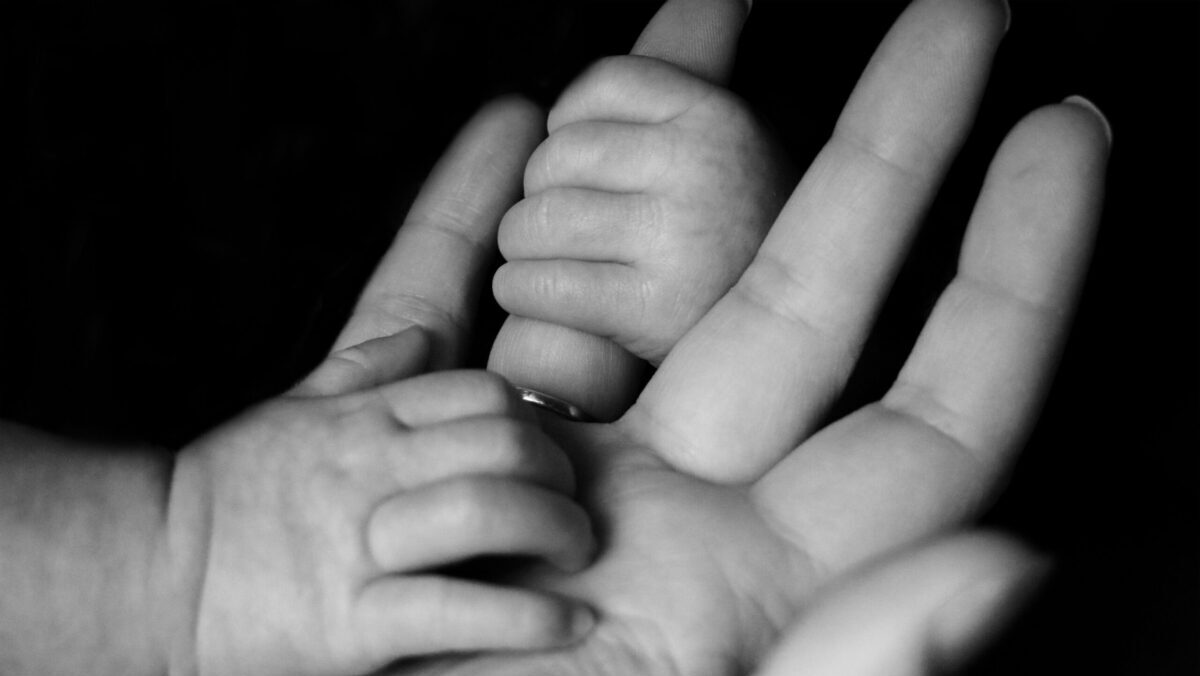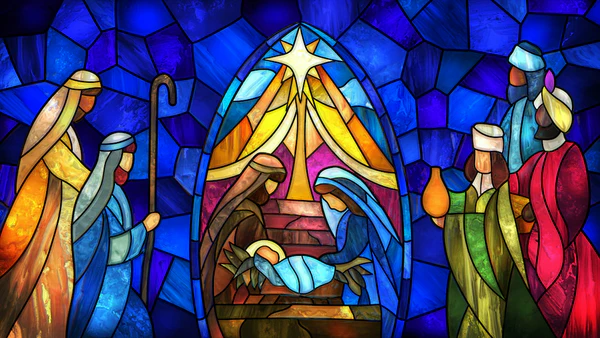Many people think human trafficking only involves kidnapping and happens in hidden, faraway places.
But that’s not true. Trafficking happens in plain view and in our own backyards.
Human sex trafficking and enslavement is a worldwide epidemic and tragedy, one that involves more than 40 million victims. One out of every five victims are children. The most common form of human trafficking — 80% — is sexual exploitation. The second most common form is forced labor.
Human trafficking involves the use of force, fraud or coercion to obtain some type of labor or commercial sex act. The average age of young victims is 12–14 years old. Some are as young as 3. Currently, an estimated 168 million children have been forced into labor, half of those children doing hazardous work, according to the Child Liberation Foundation (CLF).
Human trafficking, often referred to as modern-day slavery, is now the second largest and fastest growing criminal enterprise in the world, generating more than $150 billion in profits each year — $99 billion coming from sexual exploitation. Boys and girls forced into prostitution are sexually used and abused approximately 20–30 times each day, CLF reported.
How traffickers lure the young
Traffickers can be pimps, gang members, diplomats, business owners, labor brokers, company owners, family members, intimate partners, acquaintances or strangers. They prey on society’s most vulnerable members, including youth who are addicted to drugs, are homeless, are runaways, have mental health disorders and have criminal records.
They look for young people who want a better life, are unemployed, have an undesirable home life or a history of past sexual or physical abuse. They target their potential victims at bus stations, homeless shelters, malls and other public places. Traffickers often work hard to deliberately gain the victim’s trust, create a dependency and isolate them from family, friends or other help.
Traffickers are driven by high profits and low risks. After they find their young victims, they “groom” them using manipulation and fear tactics or by using acts of pseudo love and care and offering solutions to their problems.
Traffickers pose as caring listeners to hurting youth, all the while gathering personal information in order to exploit them in abusive and profitable ways. Sex trafficking for youth often begins with someone the victim knows, loves and trusts.
What churches and members can do
The church is a powerful network of caring Christian individuals who want to help and minister to the world’s hurting victims.
Churches can do the following:
- Pray for the victims, asking God for guidance on how to respond.
- Research and study the problem of human trafficking, training church leaders and staff to identify and help possible victims.
- Make members aware of trafficking by providing them with helpful material and resources.
- Address the issue by preaching sermons and providing Bible studies, seminars and classes.
- Schedule a special Sunday morning emphasis to make members more aware of the problem.
- Educate and encourage church parents to talk with their children and grandchildren, alerting them to the problem and advising ways to keep their young ones safe.
- Contact local organizations and agencies, inviting them to speak to church and community members, teaching ways to identify, question and respond to victims.
- Alert the proper officials when they suspect a trafficker or victim.
- Partner with organizations, government, law enforcement, businesses and others who are fighting the problem.
- Minister to those victims who have been rescued from traffickers, helping to meet their physical, medical, counseling and housing needs.
Resources
- To report a concern — National Human Trafficking Hotline: 1-888-373-7888
- To report runaway and homeless youth — National Runaway Safeline: 1800runaway.org or 1-800-RUNAWAY (786-2929)
- To report missing children and child pornography — National Center for Missing and Exploited Children: missingkids.org, 1-800-THE-LOST (843-5678)
- To rally your church to help — Churches Against Trafficking: cat@churchesagainsttrafficking.com or 619-849-3482
- To learn more — Citizen’s Guide to U.S. Federal Law on Child Sex Trafficking: justice.gov/criminal-ceos/citizens-guide-us-federal-law-child-sex-trafficking
EDITOR’S NOTE — This article was written by Denise George and was originally published by The Baptist Paper.






